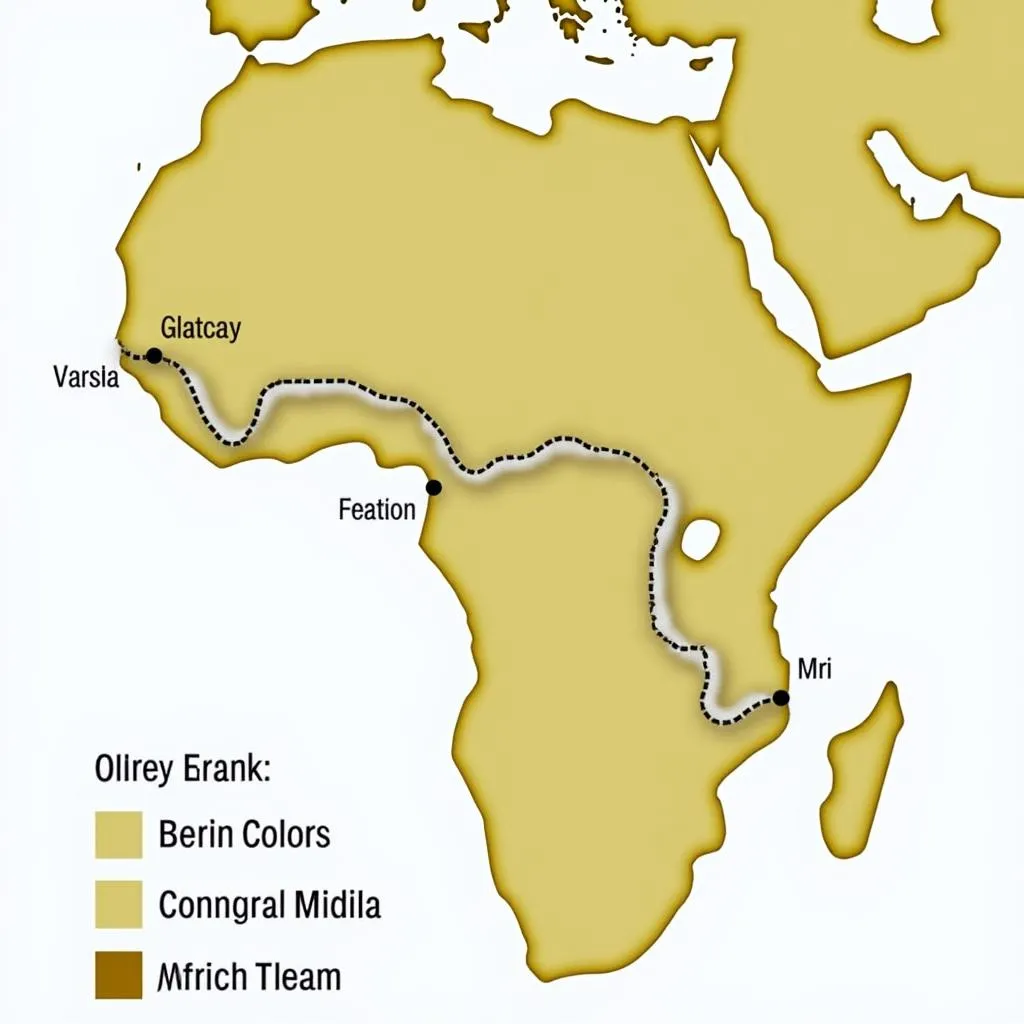The African Development Bank: Fostering Growth and Development in Africa
The African Development Bank (AfDB) is a multilateral development finance institution dedicated to fostering economic and social progress in Africa. Founded in 1964, the AfDB plays a vital role in supporting the continent’s development goals by providing financial and technical assistance to its member countries. This article explores the history, mission, and impact of the AfDB, highlighting its crucial contributions to African development.
The Origins and Establishment of the African Development Bank
The establishment of the AfDB was a culmination of pan-African aspirations for self-reliance and economic independence. After decades of colonial rule and exploitation, African leaders recognized the need for a dedicated institution to support their development agenda. The idea for the AfDB was first conceived at the first Conference of Independent African States held in Accra, Ghana, in 1958.
The bank was officially established in 1964 with the signing of the Articles of Agreement in Abidjan, Ivory Coast. It commenced operations in 1966, with the primary objective of promoting the economic and social development of its member countries.
The Mission and Objectives of the African Development Bank
The AfDB’s mission is to “drive sustainable inclusive growth and development in Africa”. It aims to achieve this through a variety of programs and initiatives that focus on:
- Economic development: Providing financial resources for infrastructure development, energy generation, transportation, and other critical sectors.
- Social development: Supporting investments in education, health, water, and sanitation, promoting human capital development.
- Environmental sustainability: Investing in renewable energy, climate change adaptation, and biodiversity conservation.
- Regional integration: Facilitating trade and investment among African countries, promoting economic cooperation.
- Private sector development: Supporting the growth of small and medium enterprises (SMEs) and promoting private sector investment.
The Structure and Governance of the African Development Bank
The AfDB is governed by a Board of Governors, which is composed of one representative from each member country. The Board of Governors approves the bank’s policies and strategies and elects the President and other senior management. The bank’s day-to-day operations are managed by a Board of Directors.
The AfDB is headquartered in Abidjan, Ivory Coast, and has regional offices in various countries across Africa. It has a strong focus on regional development and integration, working closely with regional economic communities and institutions.
The Impact of the African Development Bank on Africa’s Development
Since its inception, the AfDB has played a significant role in supporting Africa’s economic and social transformation. It has provided billions of dollars in loans, grants, and technical assistance to its member countries. Some notable achievements include:
- Infrastructure development: The bank has financed numerous infrastructure projects, including roads, railways, airports, and ports, which have improved connectivity and facilitated trade.
- Energy sector: The AfDB has made significant investments in renewable energy projects, contributing to the expansion of clean energy sources in Africa.
- Education and health: The bank has supported education and healthcare systems, improving access to quality education and healthcare services for millions of people.
- Private sector development: The AfDB has provided loans and equity investments to SMEs, supporting the growth of the private sector and creating jobs.
The AfDB and the Future of Africa
The AfDB is committed to supporting Africa’s development trajectory in the 21st century. It is actively involved in addressing the continent’s key challenges, such as climate change, poverty, inequality, and unemployment. The bank is also focusing on leveraging technology and innovation to drive inclusive growth and development.
“The AfDB is a critical partner in Africa’s development journey. It is committed to supporting the continent’s transformation into a prosperous and equitable society,” says Dr. Ngozi Okonjo-Iweala, former Managing Director of the World Bank and former Minister of Finance of Nigeria.
FAQs
Q: What are the key challenges facing the AfDB in its mission to foster African development?
A: The AfDB faces a number of challenges, including the need to mobilize increased resources to support development projects, address the growing debt burden in some African countries, and enhance the effectiveness of its operations.
Q: How does the AfDB ensure the sustainability of its projects?
A: The AfDB emphasizes environmental and social sustainability in all of its projects. It implements strict environmental and social safeguards and works closely with stakeholders to ensure that projects have a positive impact on local communities.
Q: What is the role of the AfDB in supporting regional integration in Africa?
A: The AfDB plays a key role in promoting regional integration by providing financial and technical assistance to regional economic communities and institutions. It also supports trade facilitation initiatives and infrastructure projects that connect African countries.
Q: How can I get involved with the AfDB?
A: The AfDB offers a variety of opportunities for individuals and organizations to get involved, including internships, consulting assignments, and partnerships. You can learn more about these opportunities on the bank’s website.
Conclusion
The African Development Bank is a crucial institution in the pursuit of African development. Its mission to drive sustainable inclusive growth and development in Africa is essential for the continent’s prosperity. By providing financial resources, technical assistance, and policy guidance, the AfDB continues to play a critical role in transforming the lives of millions of Africans.

